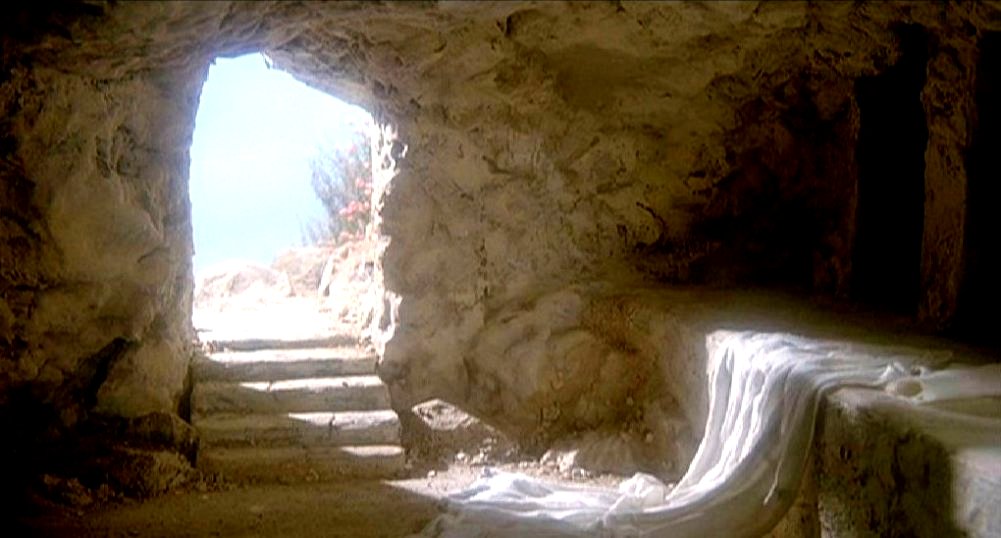Fifth
Sunday of Easter
Acts 9: 26 – 31; Ps. 22; 1 Jn. 3:18 – 24; Jn. 15: 1- 8
Mary
Jane Veloso will no longer be an ordinary name in Philippine history. Her ordeal
in Indonesia has forever left a mark in every life of the Filipino. In her
farewell letter to her fellow kababayans,
she has this to say, “‘Wag na kayong umalis
sa ating bansa kahit na mas mahirap ang ating buhay, kasama naman natin ang ating
mga mahal sa buhay.” (No matter how difficult life is in our country,
please do not leave because anyway we are together with our loved ones.) Such
is a plea from somehow who was about to face death. Thanks be to God, she was
spared from meeting death at the last minute. Mary Jane asks her fellow
Filipinos not to detach themselves from their loved ones no matter how
difficult life is in the country. Her statement is a reminder for each one of
us that when we are apart from our source, then, everything else will begin to
crumble.
Such is
the message of Jesus in our Gospel today. Jesus claims with authority that he
is “the true vine, and my Father is the vine grower.” He also asks us, the
branches, to “remain in me, as I remain in you.” Why? Because “just as a branch
cannot bear fruit on its own unless it remains on the vines, so neither can you
unless you remain in me.” And if we remain in Jesus, then whatever we ask will
be done for us. Attaching ourselves to Jesus, the true vine, therefore, makes
us fruitful and blessed.
And
this is what happened to the early church in our first reading today. “The
church throughout all Judea, Galilee, and Samaria was at peace. It was being
built up and walked in fear of the Lord, and with the consolation of the Holy
Spirit it grew in numbers.” Despite the persecutions which have beset the
church, she continues to live in peace and grow in number because it was
attached not to Paul, nor to Barnabas, nor to the apostles, but to Jesus Christ,
the true vine. Indeed, the church was fruitful and blessed.
However,
St. John in our second reading is reminding us how to nourish and maintain such
connection, such relationship with Jesus. “And his commandment is this: we
should believe in the name of his Son, Jesus Christ, and love one another just
as he commanded us.” For us to remain fruitful and blessed, we have to believe
in the words of Jesus and never forget to love our neighbors.
In
life, there are many things which money cannot buy. For the things which money
can purchase are fleeting and fancy, therefore, we must not attach ourselves to
those. Rather, we must attach ourselves to the higher values in life like
truthfulness, understanding, integrity, care, concern, and love, so that we can
truly grow and bear much fruit. However, what matters the most in the end is
our connection with the source of everything, Jesus Christ. Apart from him, we
can do nothing. Away from him, we cannot be fruitful and blessed.
And so,
as we celebrate every Sunday the Lord’s Resurrection in the breaking of bread,
may we take this opportunity to be an experience of “charging” ourselves to our
source. May every Eucharistic celebration be a source of nourishment in our
lives so that we will go back to our homes and communities fruitful and blessed
by Jesus, the true vine. Amen.
Photo courtesy of http://communio.stblogs.org/
